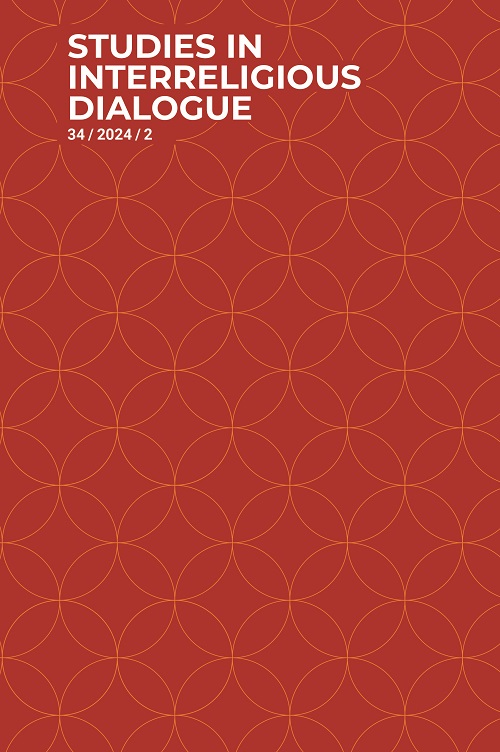 previous article in this issue previous article in this issue | next article in this issue  |

Preview first page |
Document Details : Title: Indian Secularism Subtitle: Affirming Religious and Cultural Diversities Author(s): DANIEL, Joseph Journal: Studies in Interreligious Dialogue Volume: 26 Issue: 2 Date: 2016 Pages: 176-189 DOI: 10.2143/SID.26.2.3200414 Abstract : Secularism is India’s national ideal and recognized as the only way to affirm religious and cultural diversities. It offers room for the affirmation of cultural and religious diversities and to uphold an overarching cultural ‘unity in diversity’. Indian secularism emerged as a political ideology during the 20th century, in order to sustain religious and cultural plurality so allowing India to curb communal rivalry and develop as a modern secular democratic republic. This paper attempts to unearth the historical evolution of this secularism. It deals with questions such as: What is the status of Indian secularism? Is it an actual socio-political reality, or is it a theoretical concept only? Or is it just a grandiose idea within the country’s constitution? Is it perhaps more accurate to refer to the contemporary Indian context as pseudo-secularism, a term the Bharatiya Janatha Party (BJP) and its allies have tended to make much use of? This paper therefore attempts to examine whether, in fact, the political ideology of secularism provides a ground for affirming religious and cultural diversities in India, especially in the light of the contemporary political gain of the Hindutva and sangh parivar organisations at the general election of India in 2014. |
 |


